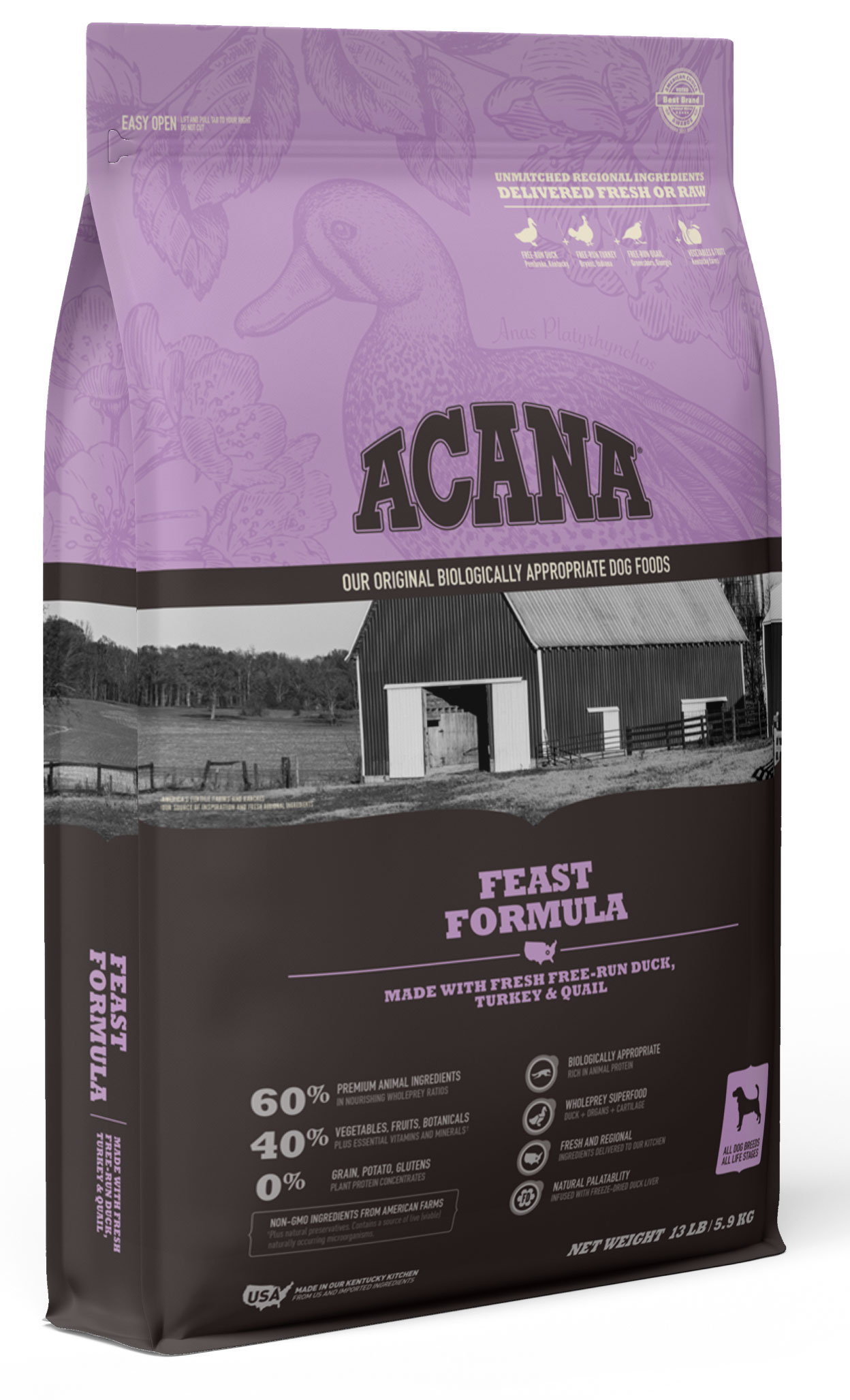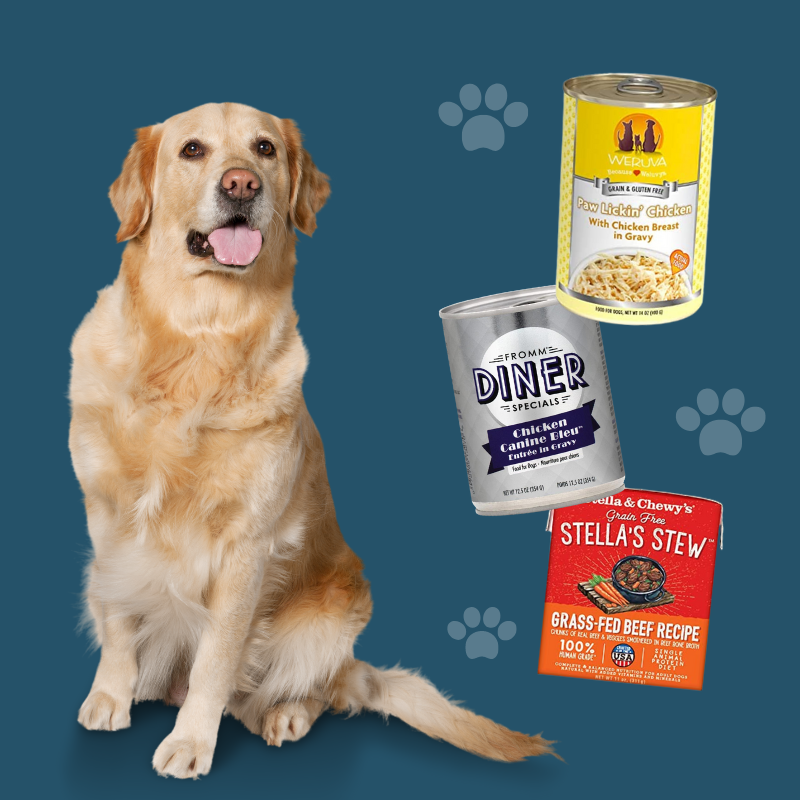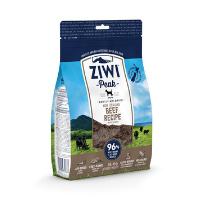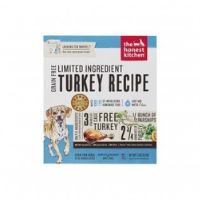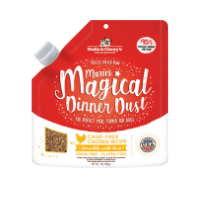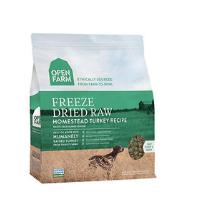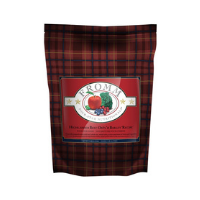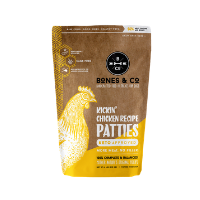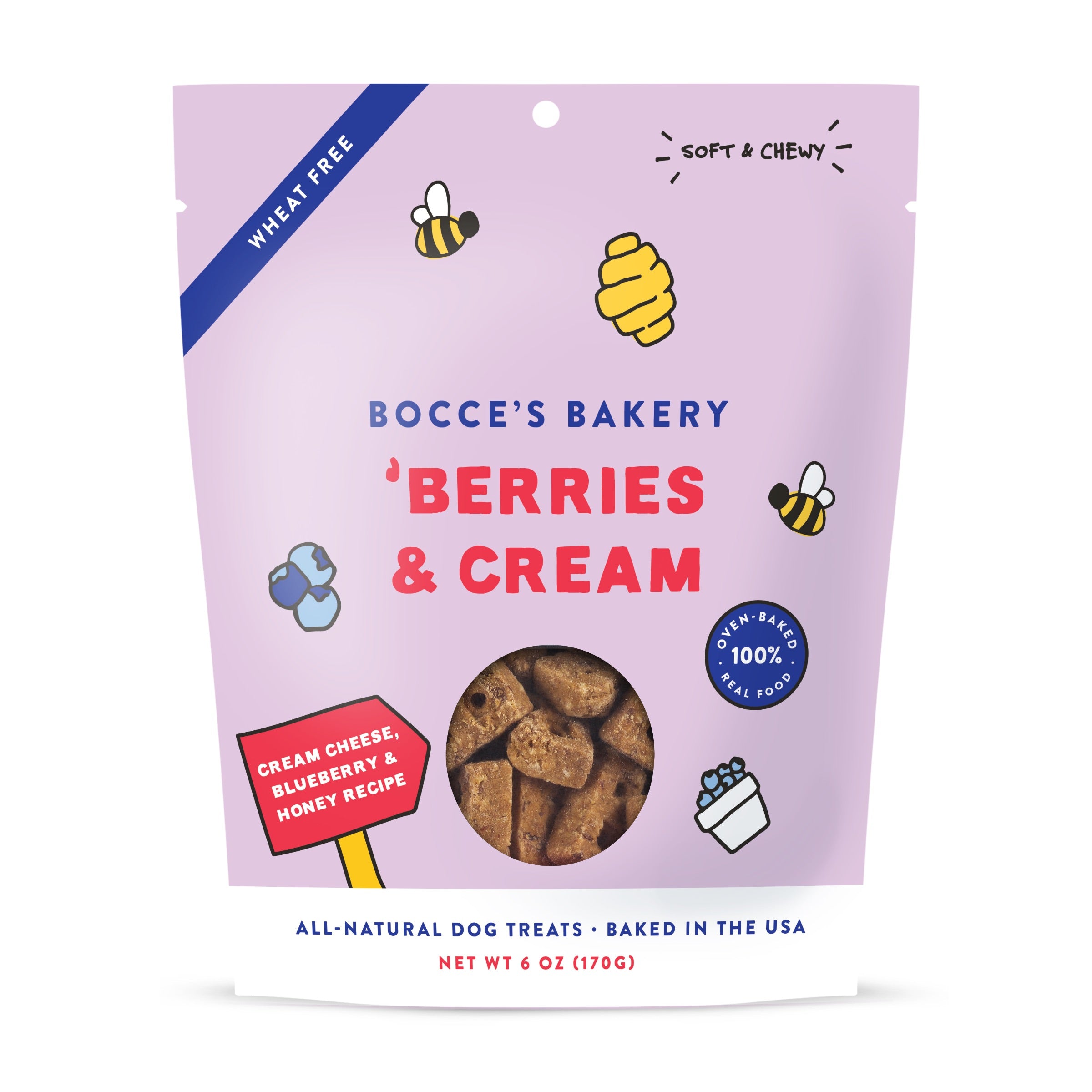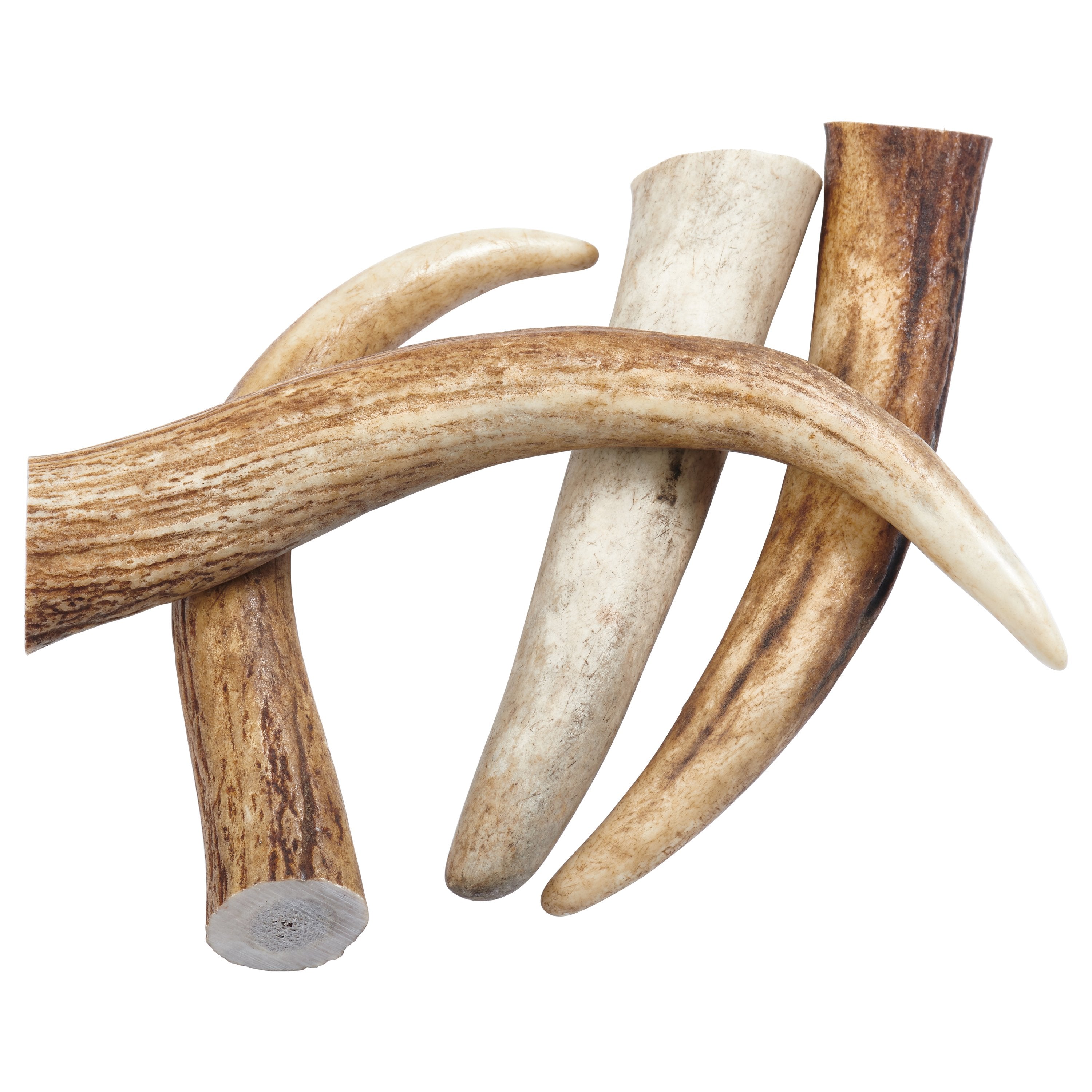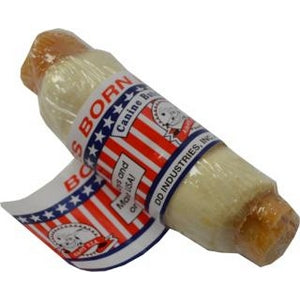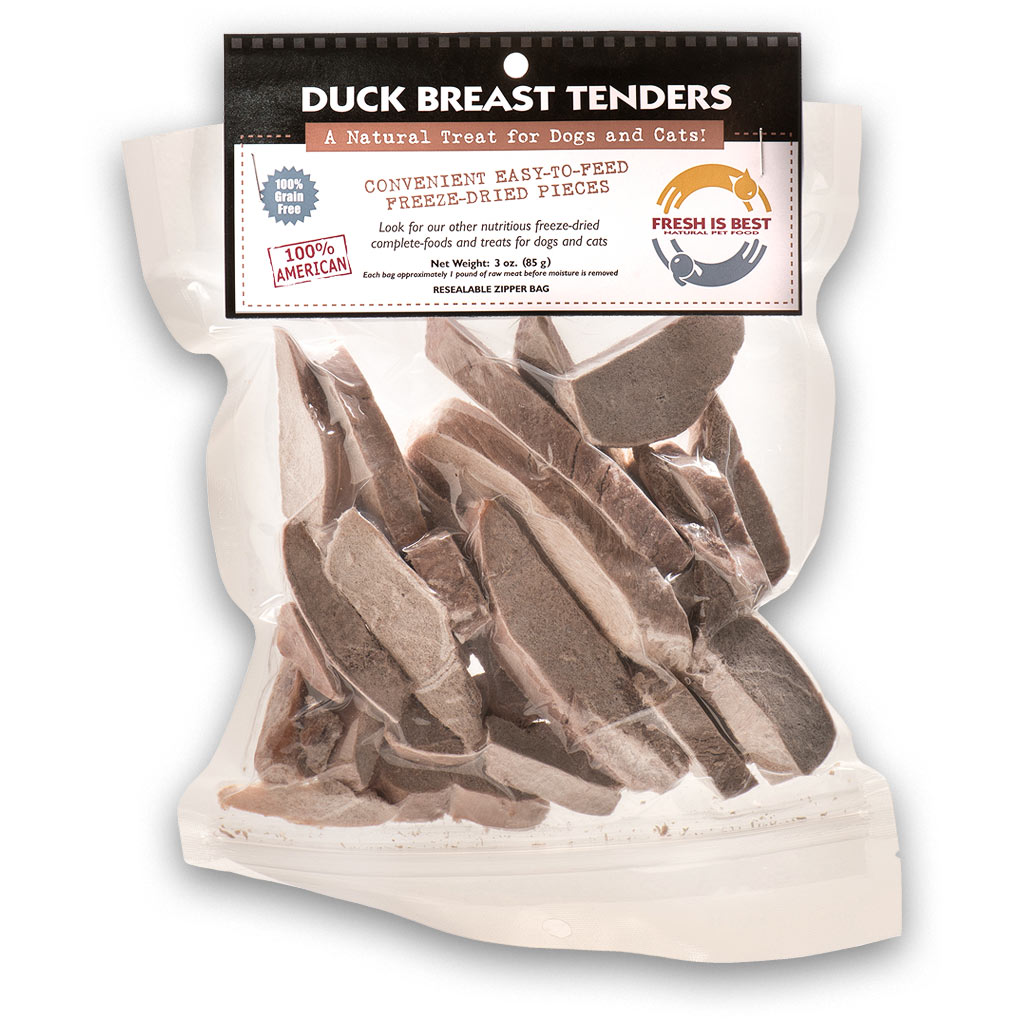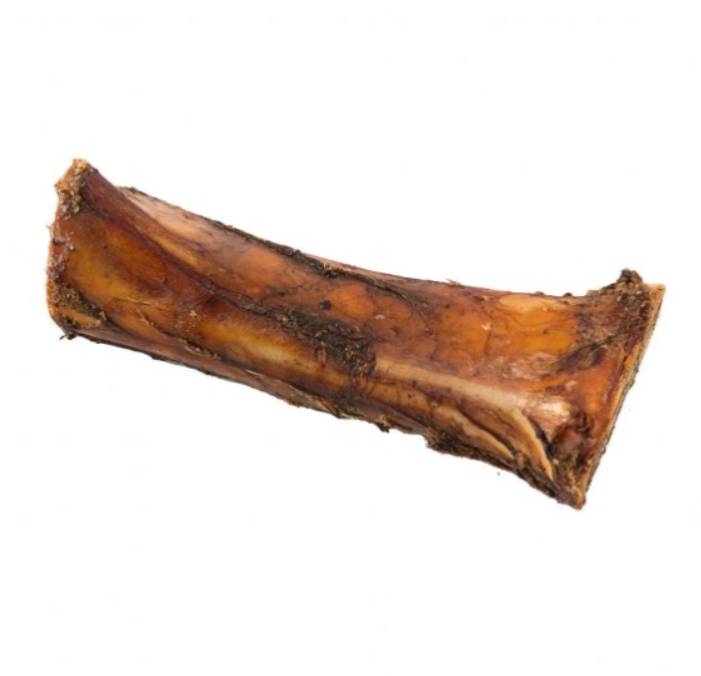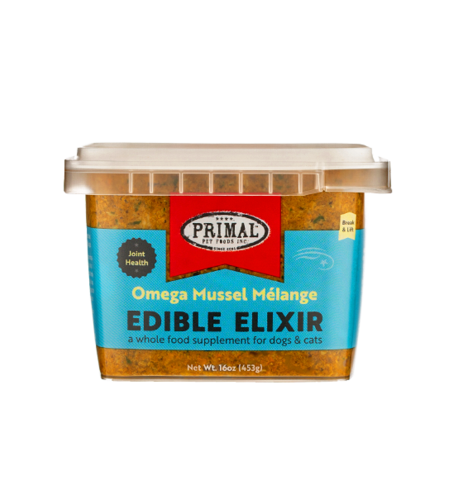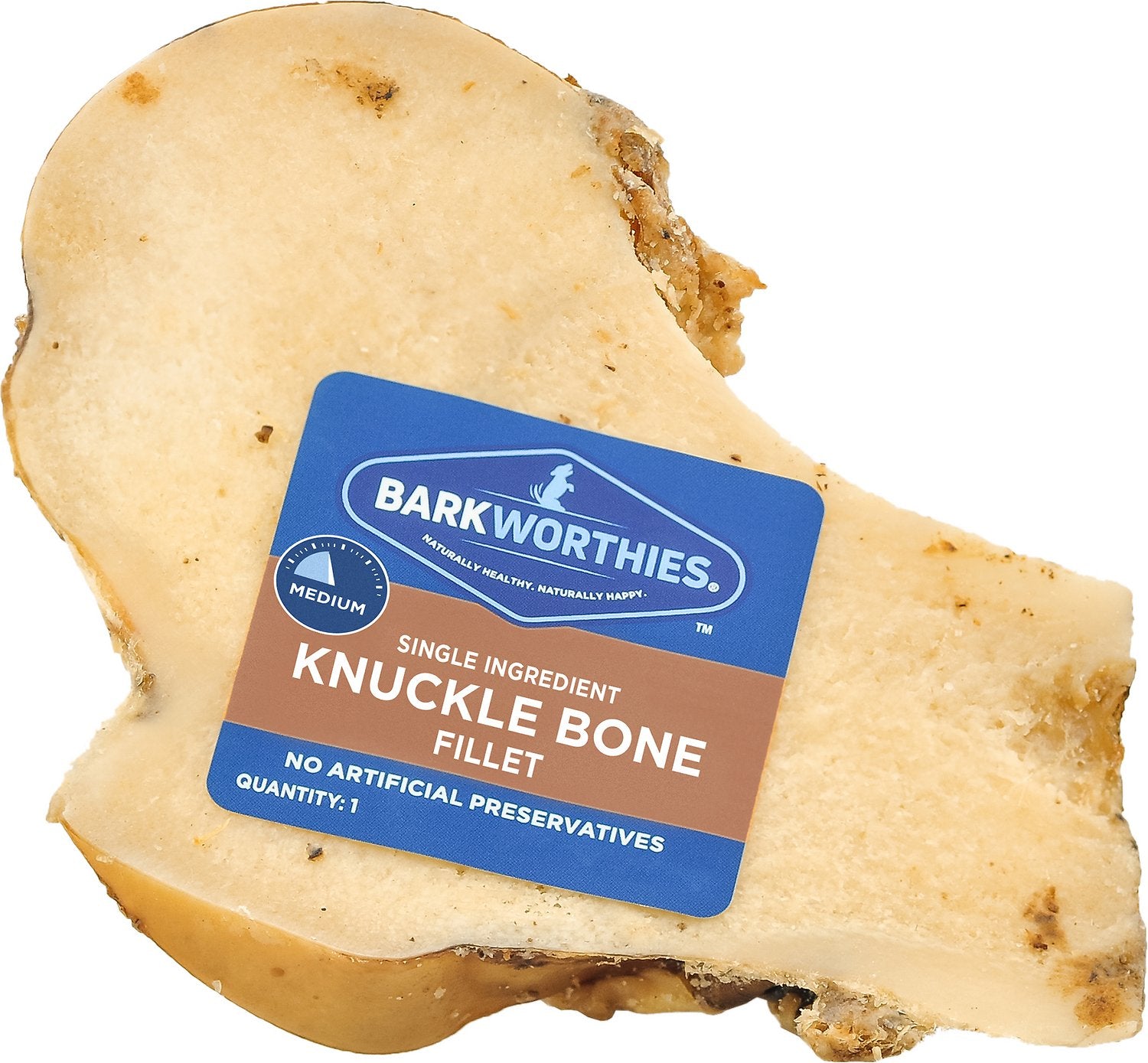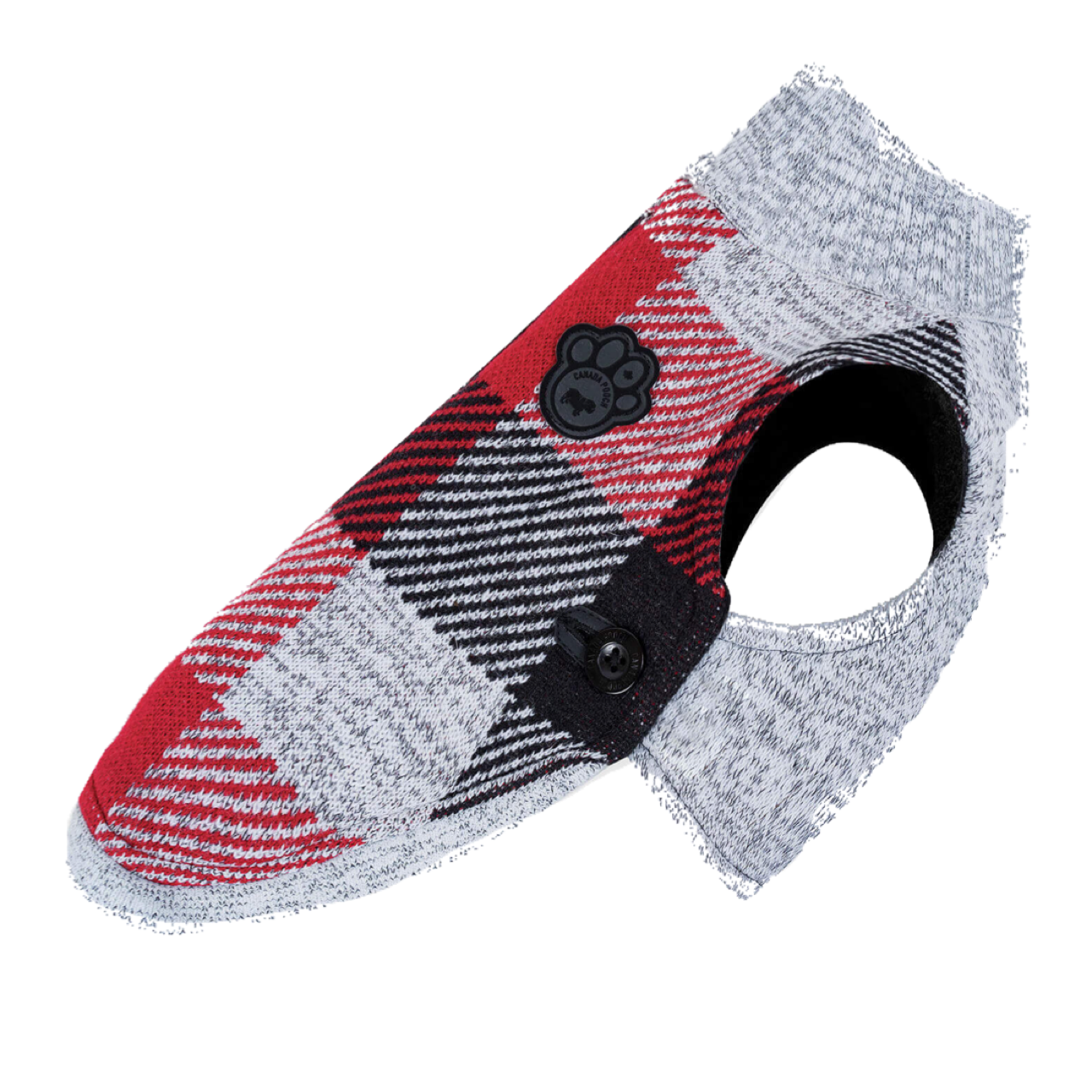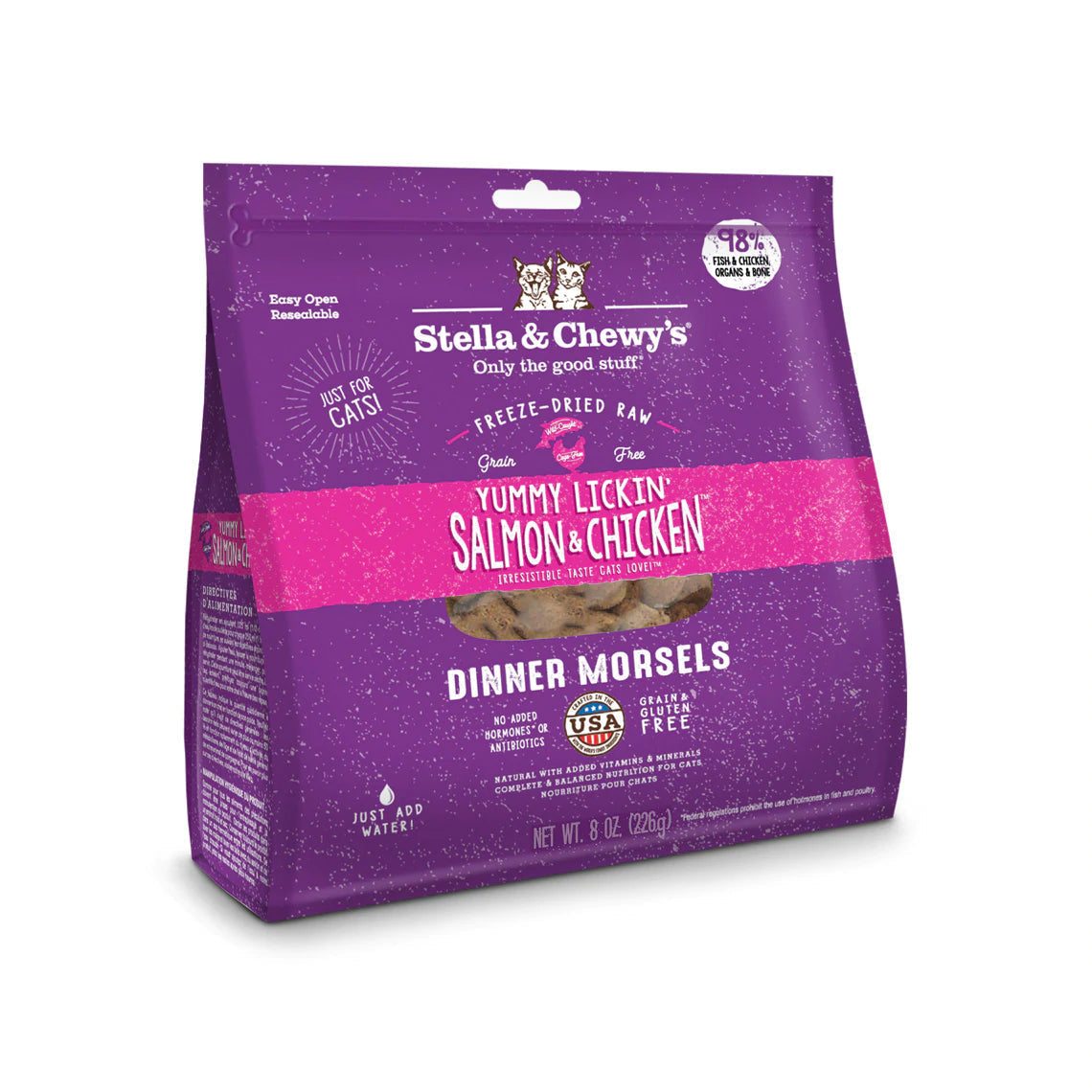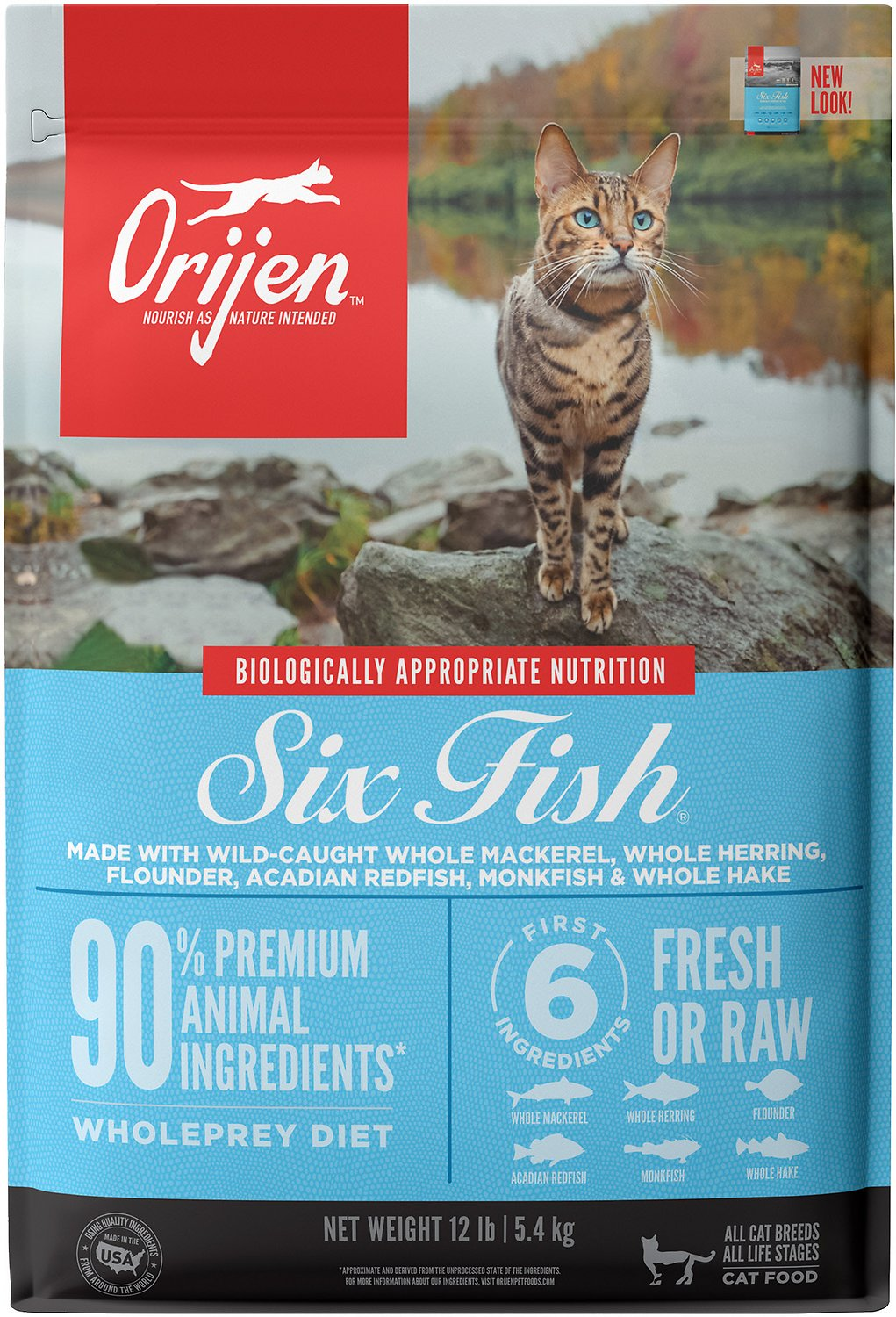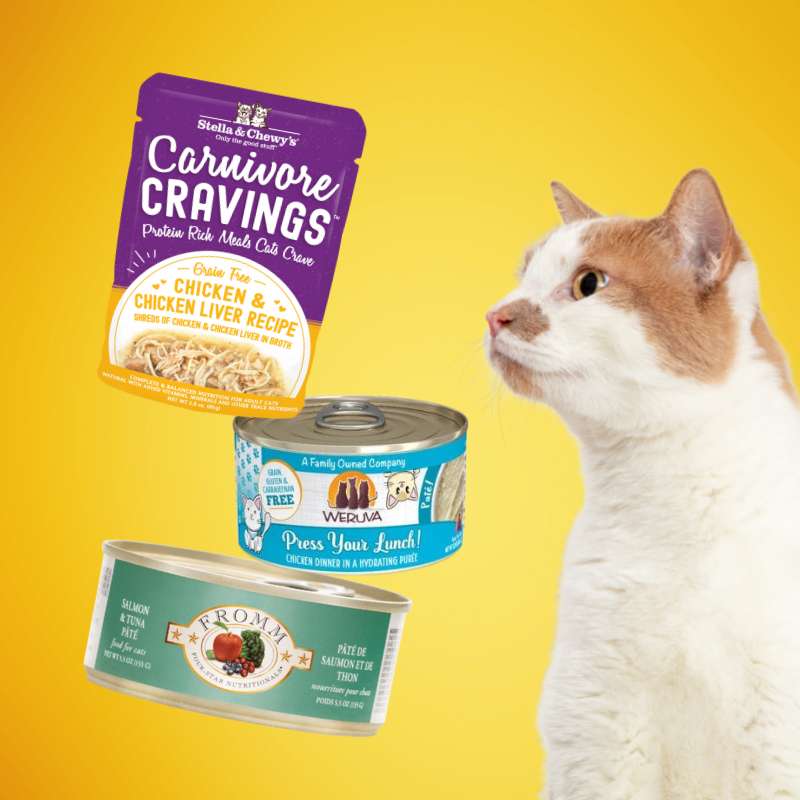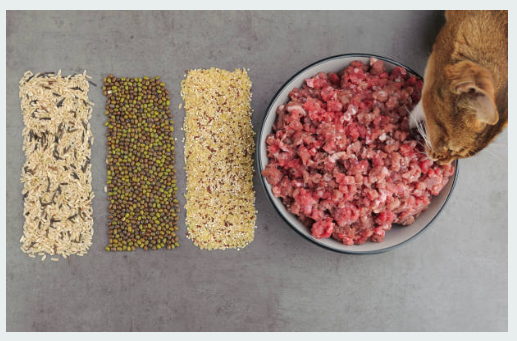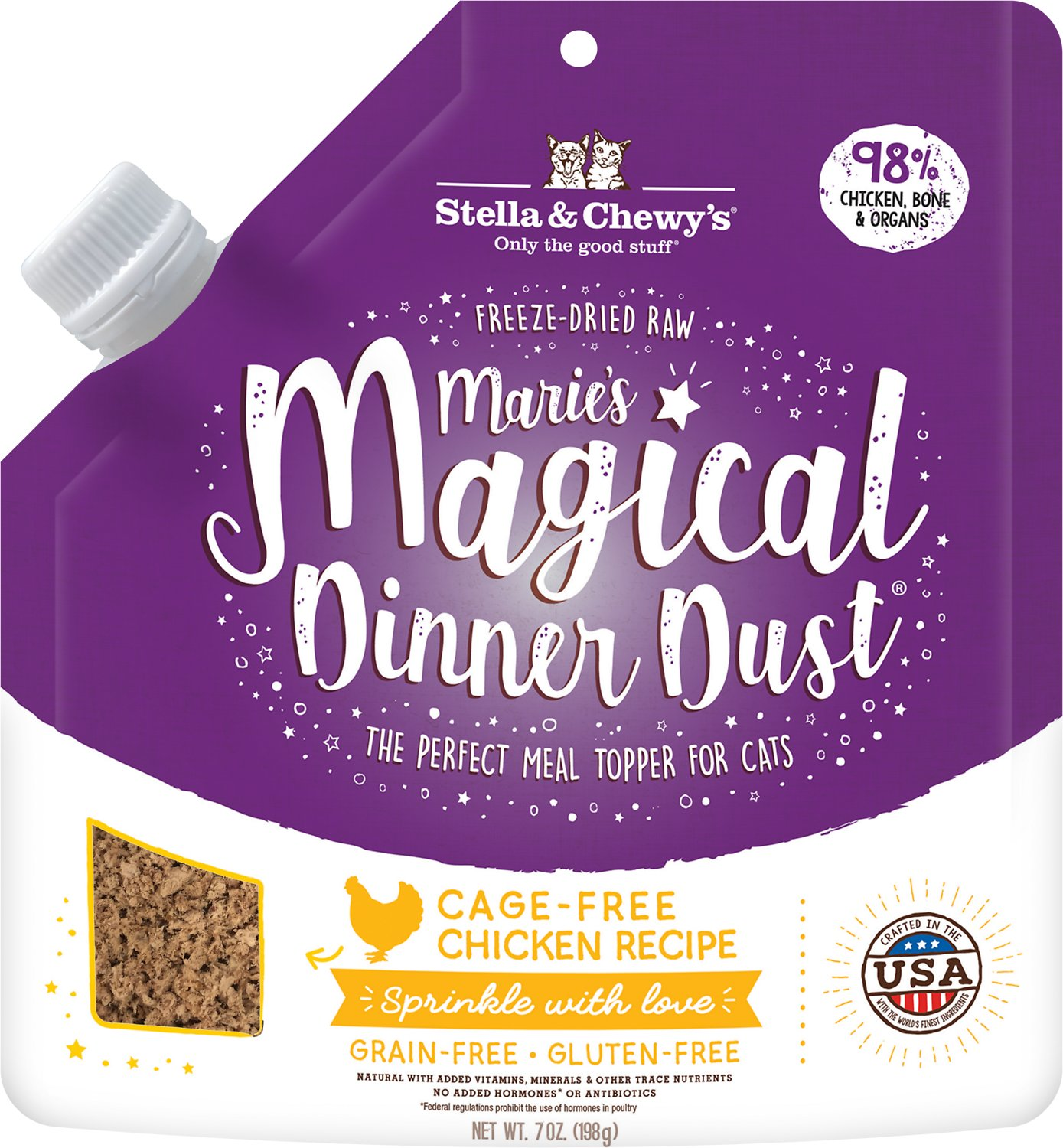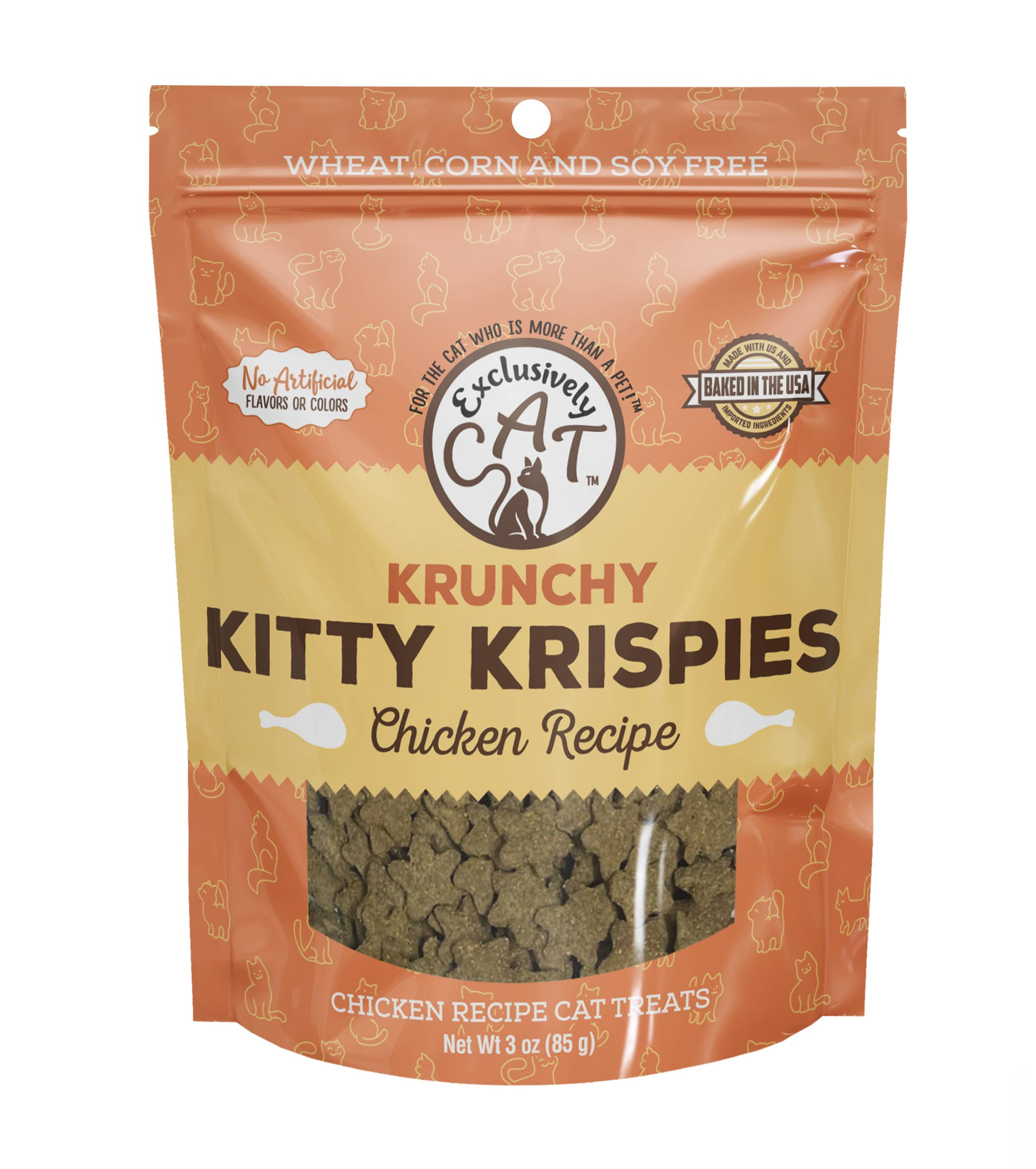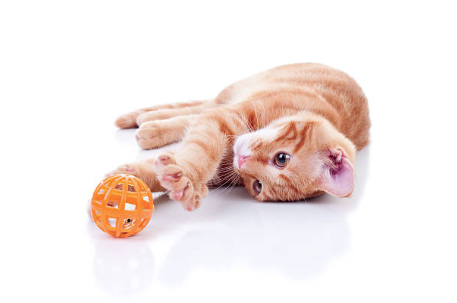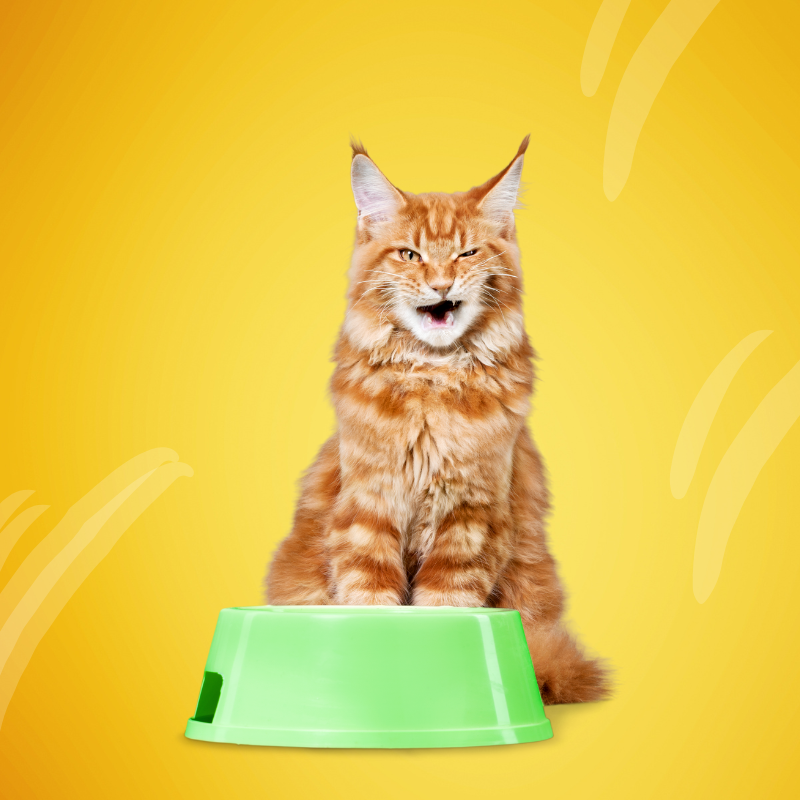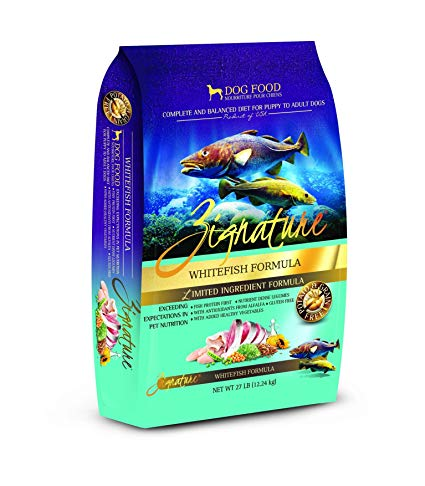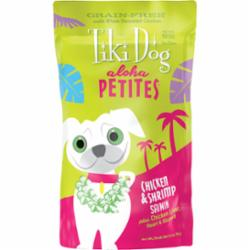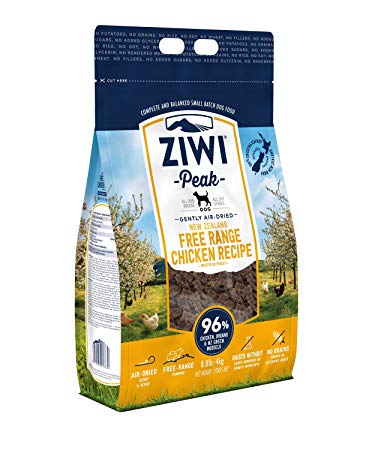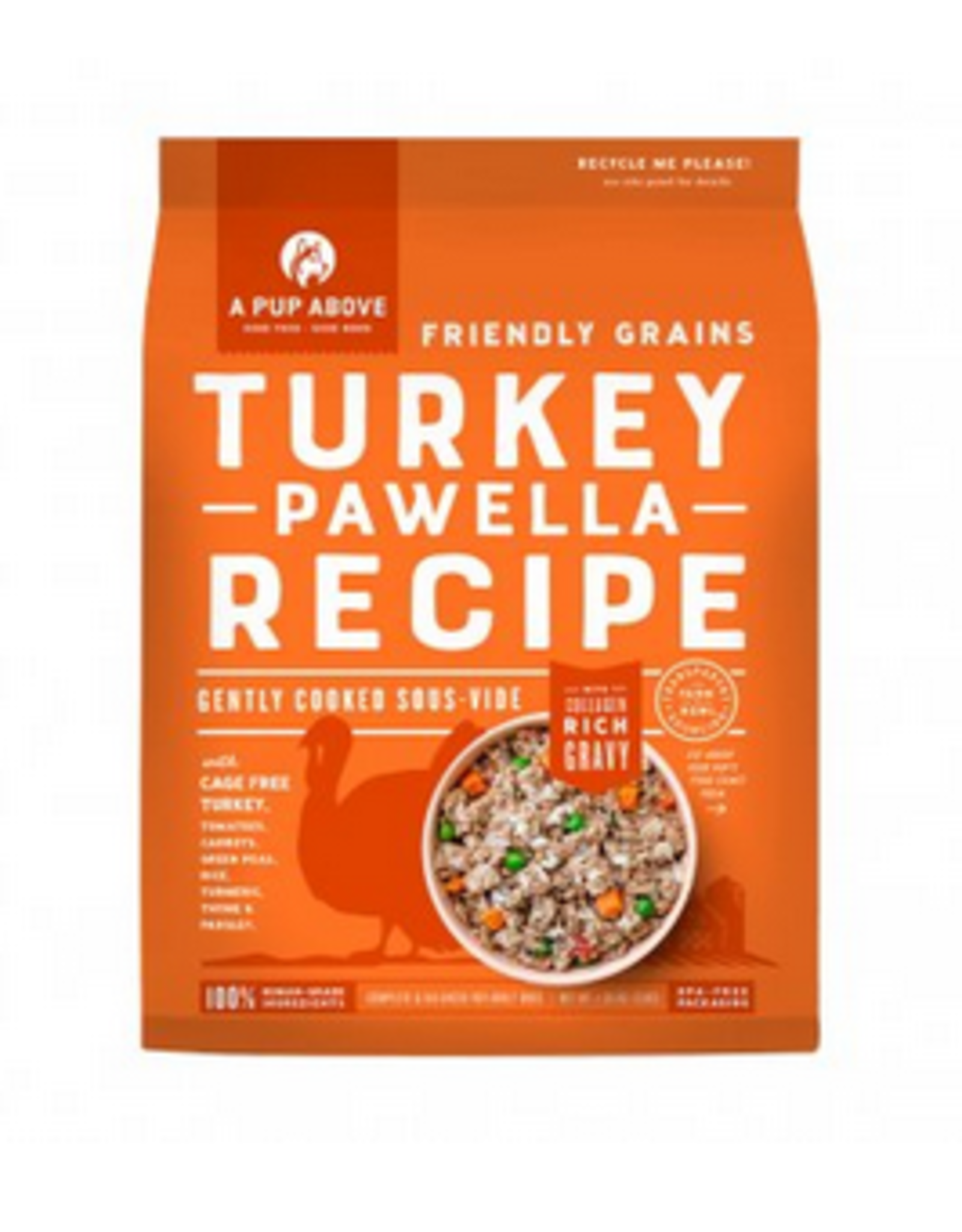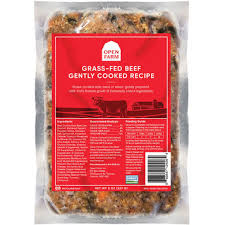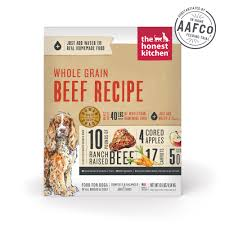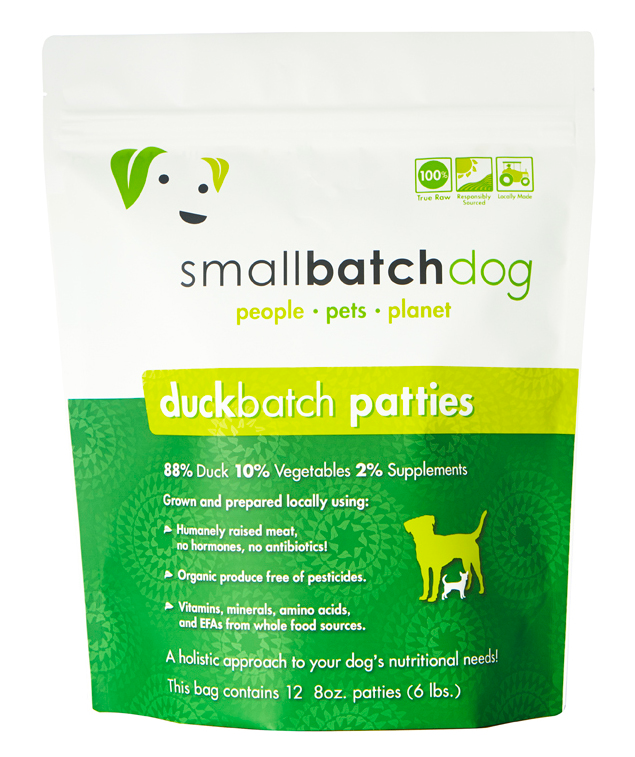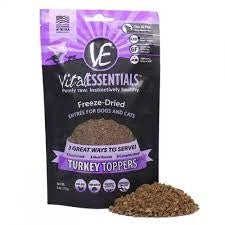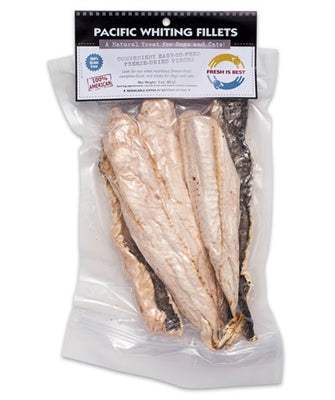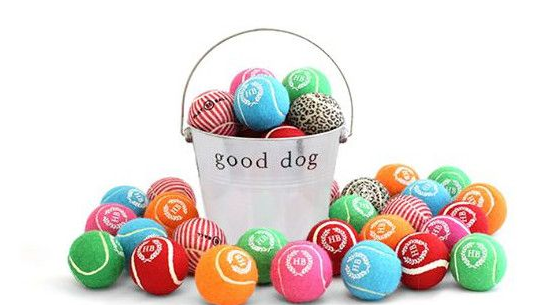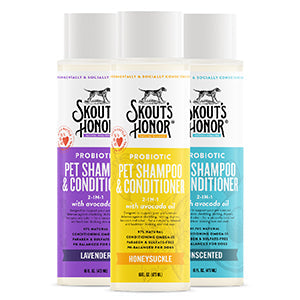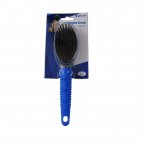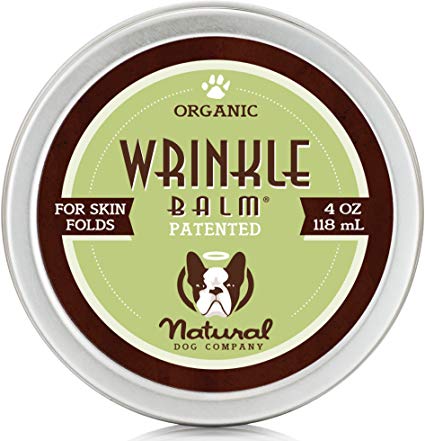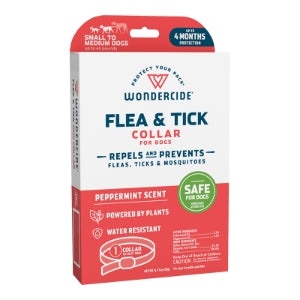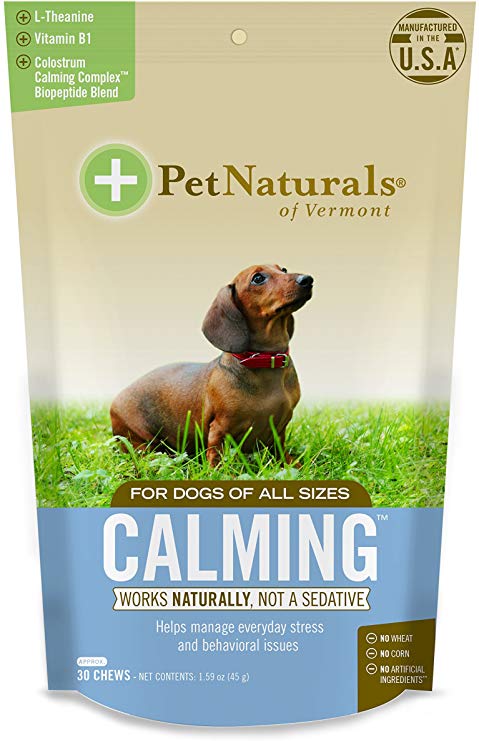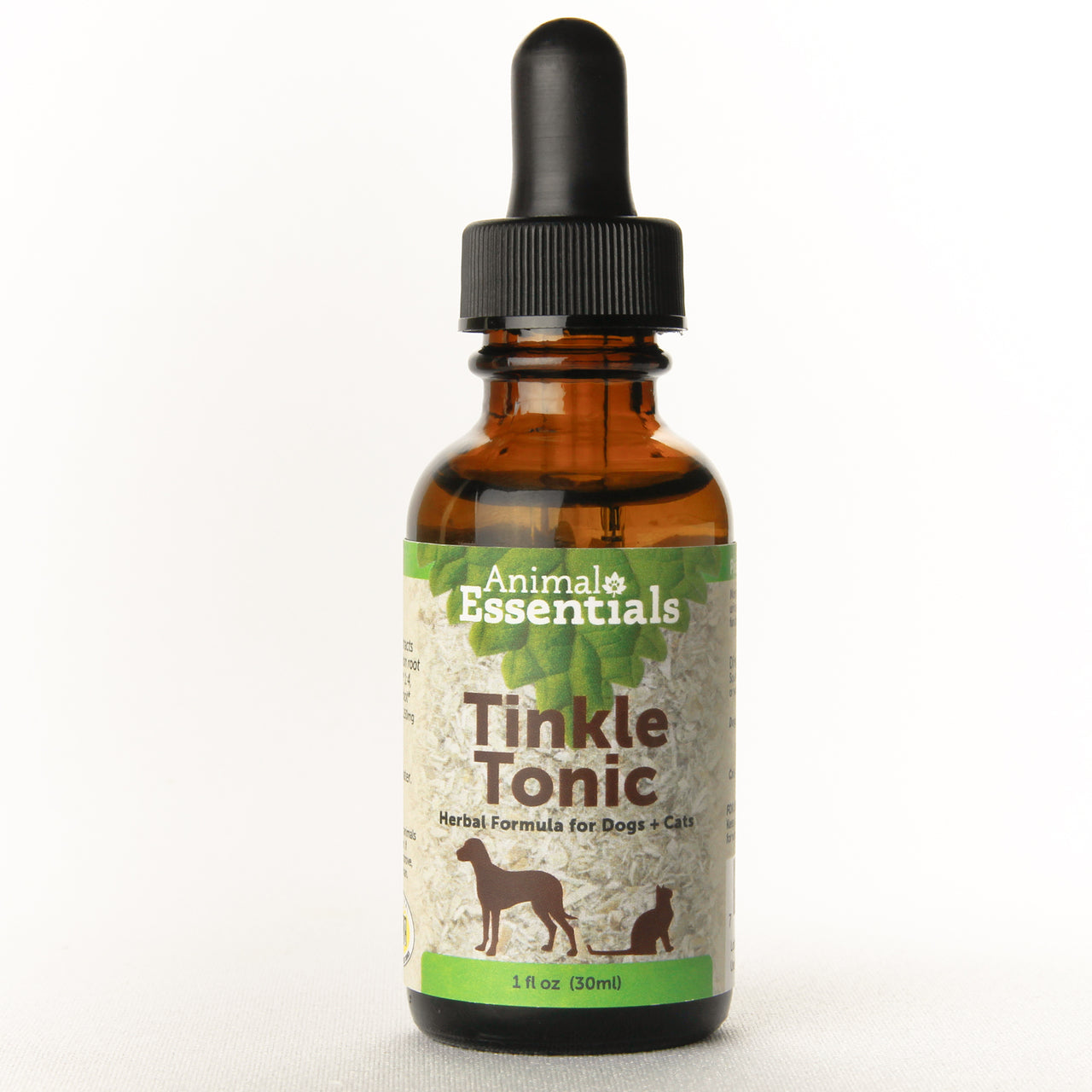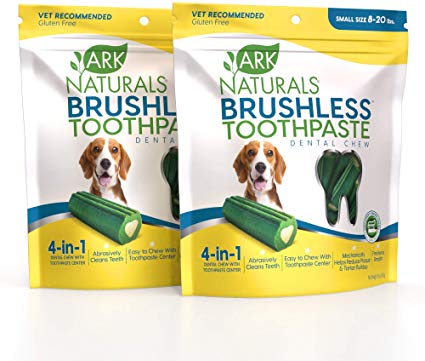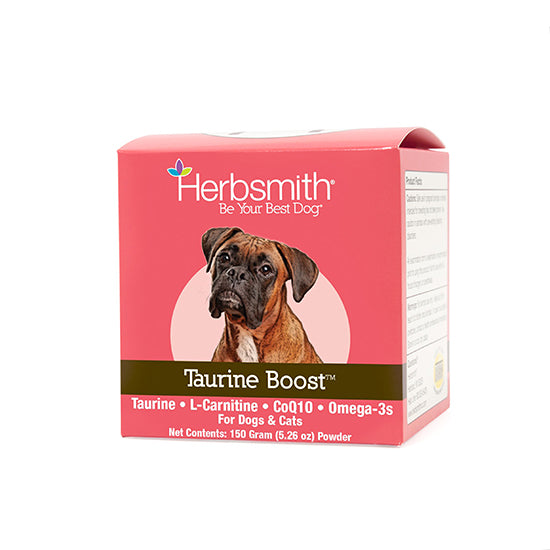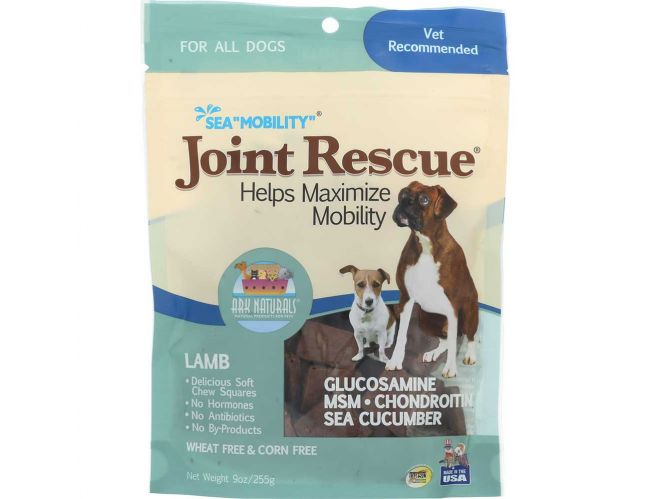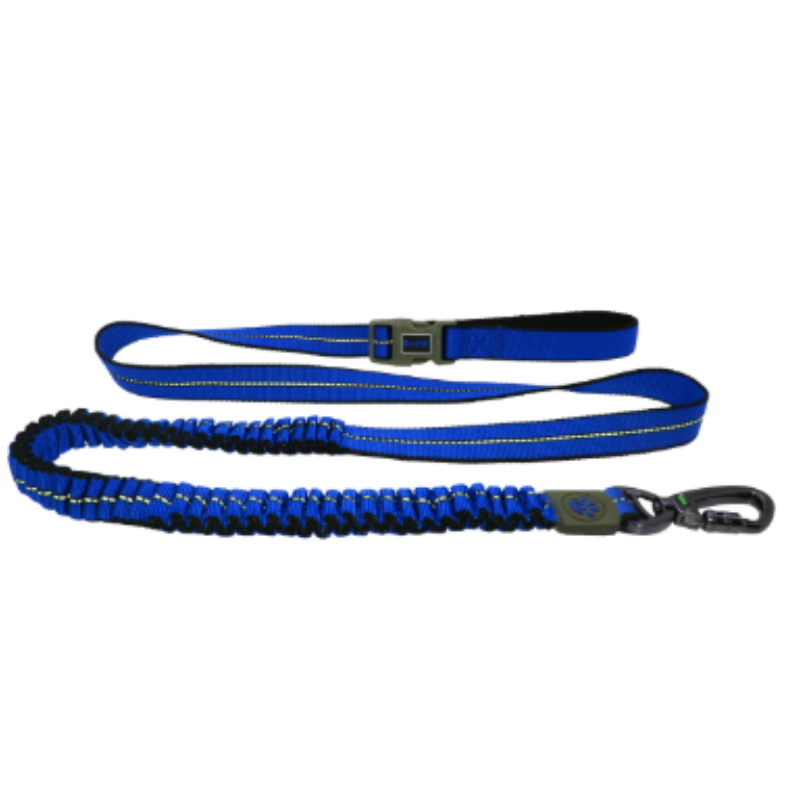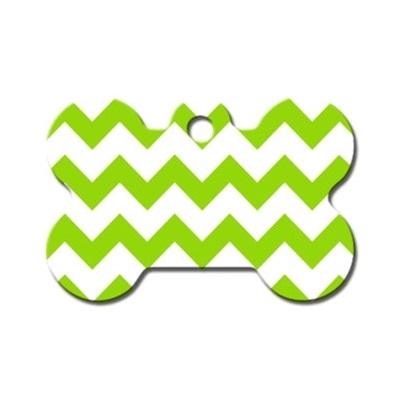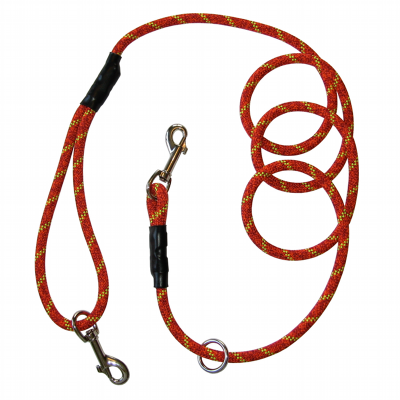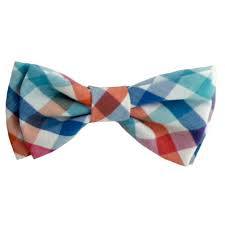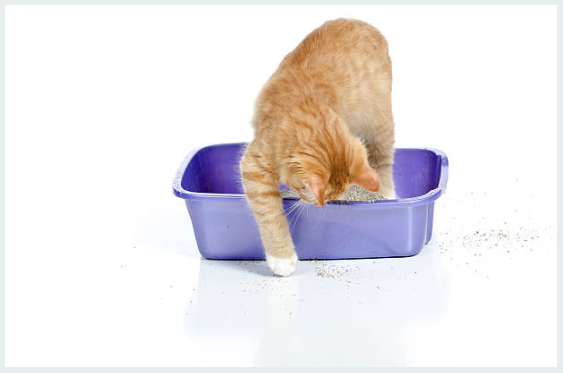As pet owners, we all want the best for our furry companions. Whether they are wagging their tails or purring contentedly, our pets bring joy to our lives and deserve to be healthy and happy. One of the most crucial aspects of their well-being is their nutrition. Balanced nutrition for dogs and cats is not just essential; it's the foundation upon which their overall health, energy levels, and happiness are built. In this article, we will delve into why balanced nutrition is so vital for our pets and how you can ensure your cats and dogs receive the best food that aligns with their specific needs.
Understanding Balanced Nutrition
Balanced nutrition means that the diet provided to pets contains the right proportions of nutrients that support their health and well-being. Just like humans, dogs and cats require a combination of proteins, fats, carbohydrates, vitamins, and minerals to thrive.
The Role of Proteins
Proteins are the building blocks of life, and they are critical for your pet's growth, development, and maintenance of body functions. They support muscle development, tissue repair, and the production of enzymes and hormones. In dogs, high-quality protein sources include lean meats, fish, and egg products. For cats, protein is even more crucial, as they are obligate carnivores needing a diet rich in meat to meet their amino acid requirements.
Fats: The Energy Source
Fats are another essential component of a balanced diet for dogs and cats. They provide a concentrated source of energy, support cell structure, and aid in absorbing fat-soluble vitamins (A, D, E, and K). However, not all fats are created equal. Omega-3 and Omega-6 fatty acids are particularly beneficial for maintaining healthy skin and coats, supporting brain function, and reducing inflammation.
Carbohydrates: Fuel for Your Pets
While dogs are omnivores and can derive energy from carbohydrates, cats have a more limited ability to metabolize carbs. Nonetheless, carbohydrates can still serve as a source of dietary fiber, which aids in digestive health. Whole grains, fruits, and vegetables can provide necessary fibers and other nutrients to promote overall wellness.
Vitamins and Minerals: Micronutrients that Matter
Vitamins and minerals play a vital role in supporting various bodily functions, including immune response, bone health, and metabolism. Each vitamin and mineral has unique benefits, making a varied diet essential for providing a complete nutrient profile. It's crucial to ensure that your pet's diet includes:
- Vitamin A: Essential for vision and immune function.
- Vitamin D: Important for calcium absorption and bone health.
- Calcium: Critical for strong bones and teeth.
- Iron: Necessary for transporting oxygen in the blood.
The Impact of Nutrition on Your Pet’s Health
Investing in balanced nutrition can significantly impact your pet’s quality of life. Here are some of the benefits associated with a nutrient-rich diet:
Enhanced Coat and Skin Health
Pets fed a balanced diet with essential fatty acids, proteins, and vitamins will often have a shiny coat and healthy skin. Poor nutrition can lead to dry skin, itchiness, and coat problems, which can affect their comfort and overall appearance.
Better Digestive Health
A nutritious diet promotes a healthy gut, reducing the risk of digestive issues such as diarrhea and constipation. Ingredients like prebiotics and probiotics can boost gut health and improve nutrient absorption, benefiting your pet’s overall vitality.
Weight Management
Maintaining a balanced diet is essential for keeping your pet at a healthy weight. Obesity in pets can lead to serious health issues, including diabetes, joint problems, and reduced lifespan. By providing the right balance of nutrients, you can help your pet maintain a healthy weight and promote an active lifestyle.
Tailoring Nutrition to Your Pet’s Needs
It’s essential to recognize that each pet is unique, and their nutritional needs may vary based on age, weight, breed, and health condition. Here are some guidelines for tailoring your pet’s diet:
Age Considerations
Puppies and kittens require different nutritional profiles than adult dogs and cats. Growing pets need more calories and protein to support their rapid growth and development. Senior pets may benefit from diets lower in calories but enriched with joint-supporting glucosamine and omega fatty acids.
Activity Level
Active dogs and cats may require more calories and higher protein levels in their diets compared to their more sedentary counterparts. If your pet is known for their playful energy or participates in regular exercise, be sure their diet reflects that lifestyle.
Health Conditions
If your pet has specific health issues like allergies, diabetes, or kidney disease, work with your veterinarian to create a balanced diet that meets their unique needs. There are specialized diets available that can help manage these conditions and improve your pet's quality of life.
The Role of Veterinary Guidance
Achieving balanced nutrition is a multifaceted process that may require professional insight. Regular veterinary visits are crucial for monitoring your pet’s health and adjusting their diet as necessary. Your vet can offer insights into your pet's nutritional needs and recommend suitable dietary options.
Understanding Labels and Ingredients
When shopping for pet food, it's essential to understand labels and nutritional information. Look for products that list high-quality protein sources as the primary ingredients and avoid those that contain fillers or artificial additives. Brands that undergo feeding trials or offer a balanced formulation through nutritional analysis are generally preferable.
Making the Change: Transitioning to a Balanced Diet
If you are considering switching your pet to a new diet, it’s essential to make the transition gradually. Sudden changes in diet can lead to digestive upset. Here’s how to do it:
- Start by mixing a small amount of the new food with their current food.
- Gradually increase the proportion of the new food over a week, reducing the old food.
- Monitor for any signs of allergies or digestive issues during the transition.
Creating Homemade Pet Food: A Balanced Approach
For those interested in preparing homemade meals for their pets, it’s essential to include various foods to ensure balanced nutrition. Talk to your veterinarian for recipes and guidelines on how to create healthy meals that meet your pet's needs.
Popular Ingredients for Homemade Pet Food
When crafting your homemade pet meals, consider incorporating the following:
- Lean meats (chicken, turkey, or beef)
- Cooked grains (brown rice, quinoa, or barley)
- Vegetables (carrots, peas, or sweet potatoes)
- Protein supplements (plain yogurt for dogs or fish oil for cats)
Commitment to Nutrition
Ensuring your pet receives balanced nutrition is an ongoing commitment. It's not just about what they eat today, but what they regularly consume to thrive.
Every pet deserves a chance to live a joyful and fulfilled life, and balanced nutrition is the key to unlocking their potential. By prioritizing their dietary needs and providing high-quality food, you are investing in their health and happiness for years to come. Start today by reevaluating your pet's diet, consulting with professionals, and observing how they thrive with the right nutrients. Your furry friend will thank you with every wag and purr!


